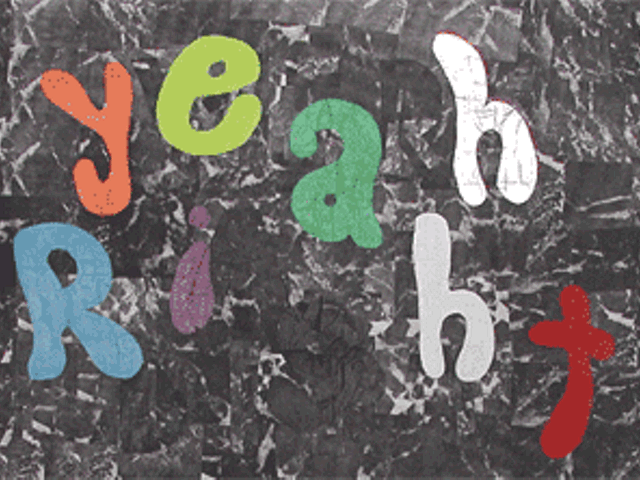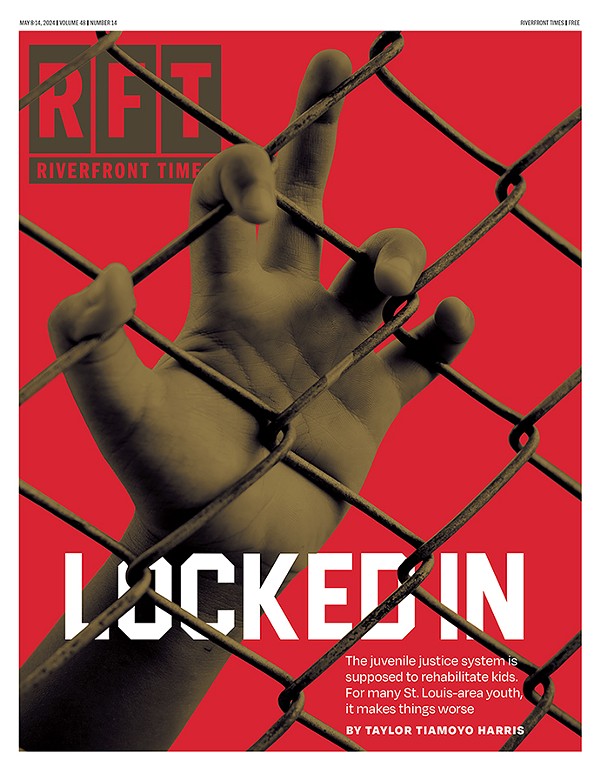Stephen Adly Guirgis, who wrote this highly original inquisition, has a voice. He's set up a potentially explosive premise — an irreverent courtroom drama in Purgatory that pits the concept of eternal damnation against the eternal hope for redemption. Surely in all of this theological discourse there's something to offend everyone. Yet the overloaded text is too good-natured, too passionately curious, to harbor any hidden agenda beyond a spirit of inquiry.
You might, however, have the right to ask why this trial is taking place at all. Its setup is not established clearly. But once the trial begins and a rogue's gallery of witnesses ranging from Pontius Pilate to Sigmund Freud — everyone, it seems, but Don Ho (and he'd be there too, if only he were dead) — is called to testify, it doesn't much matter how or why. The viewer is too busy asking questions: In betraying Jesus of Nazareth, did Judas commit "the one unforgivable sin," as the most cantankerous Judge (Greg Johnston, wryly crusty) since Roy Bean accuses? Or was his action, as Judas himself (Kelvin Roston) suggests, simply a "miscalculation"?
Even if you don't want to meditate on matters of morality, it's fun to watch the attorneys. Peter Mayer plays the obsequious prosecutor, Yusef El-Fayoumy, as a tribute to Eli Wallach at his most unctuous. Think of Wallach's foolish villains in The Magnificent Seven and The Good, the Bad and the Ugly, then replace his cowboy duds with a zoot suit, and you have a sense of Mayer's amusing flamboyance. By contrast, defense counsel Fabiana Aziza Cunningham (Julie Layton) is as sleek as a two-legged exclamation point. She's smarter than Yusef, but she cares more, so she becomes her own worst enemy. Yusef, meanwhile, is distracted by his opponent, whom he finds a "sexy wench." But then, he views Mother Teresa (the beguiling Suzie Wall) as "a ravishing delight," so best to draw our own conclusions about this motley bunch.
Although the spare production, cleanly staged by Marty Stanberry, initially moves along at a good clip, the proceedings are interspersed with monologues that have a perverse way of slowing the action. The play opens with a long speech by Judas' mother, Henrietta. "I loved my son every day of my life," she loyally tells us. "If my son sits in Hell, there is no God." The eloquent Thomasina Clarke could wring tears from a stone. But the ensuing monologues lack the purpose and drive of that first one.
Monologues or no, in a world of free will Guirgis has chosen to write a story without resolution. It winds down like a music box, slowly, ever more slowly, until finally it stops from its own inertia. Perhaps it should have wrapped up soon after the final confrontation between Fabiana and Satan. It would be backhanded praise indeed to suggest that as Satan Lavonne Byers is typecast, but she does devour this role (which was written for a male) as if it's just so much devil's food cake. Ultimately the play succeeds in talking itself to death, and the audience begins to tune out.
It's sad when writers have so much to say that they insist on the audience not hearing it. Yet in a play that makes a persuasive case for redemption, perhaps even the sin of excessive verbiage must be forgiven.





